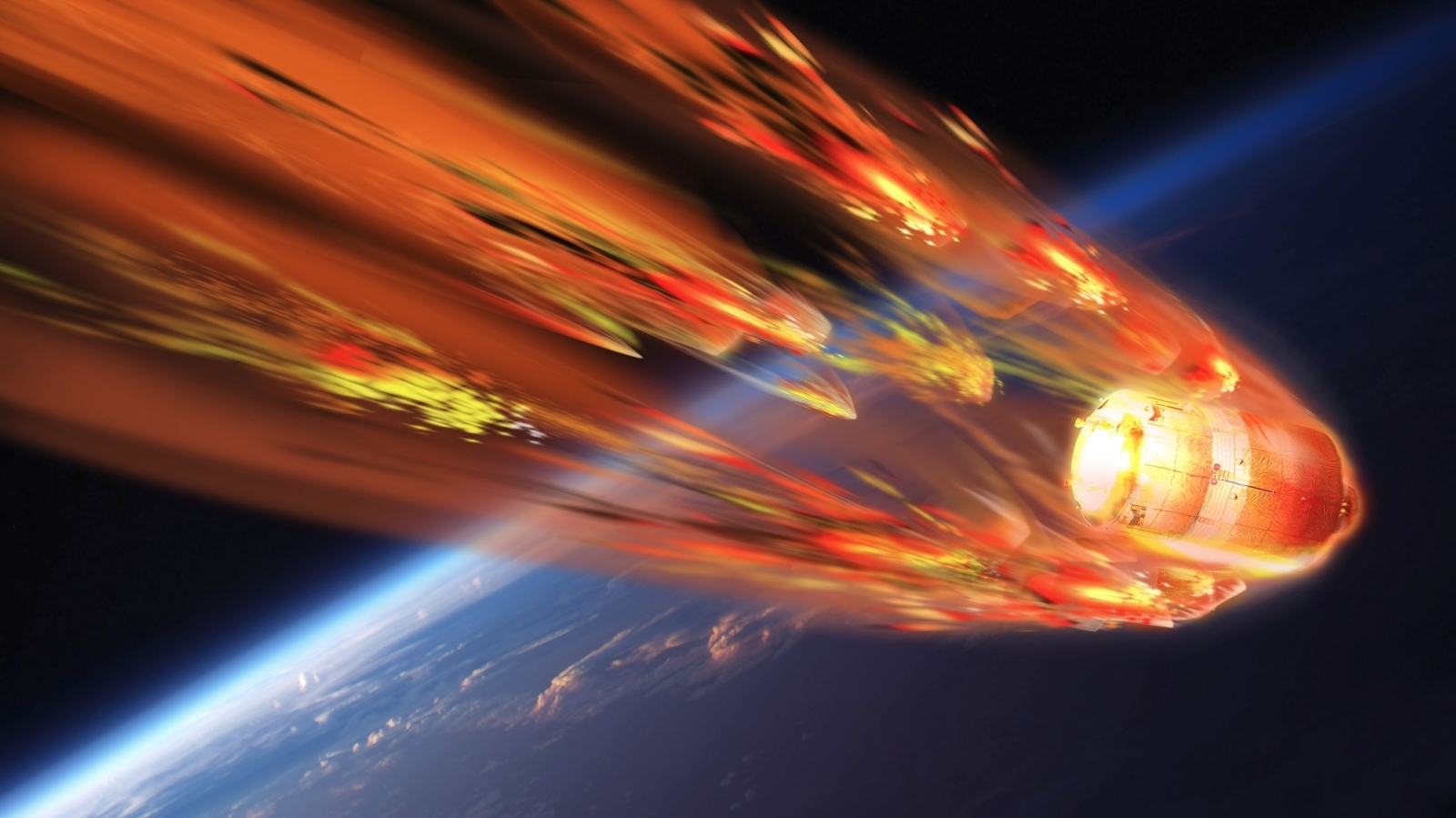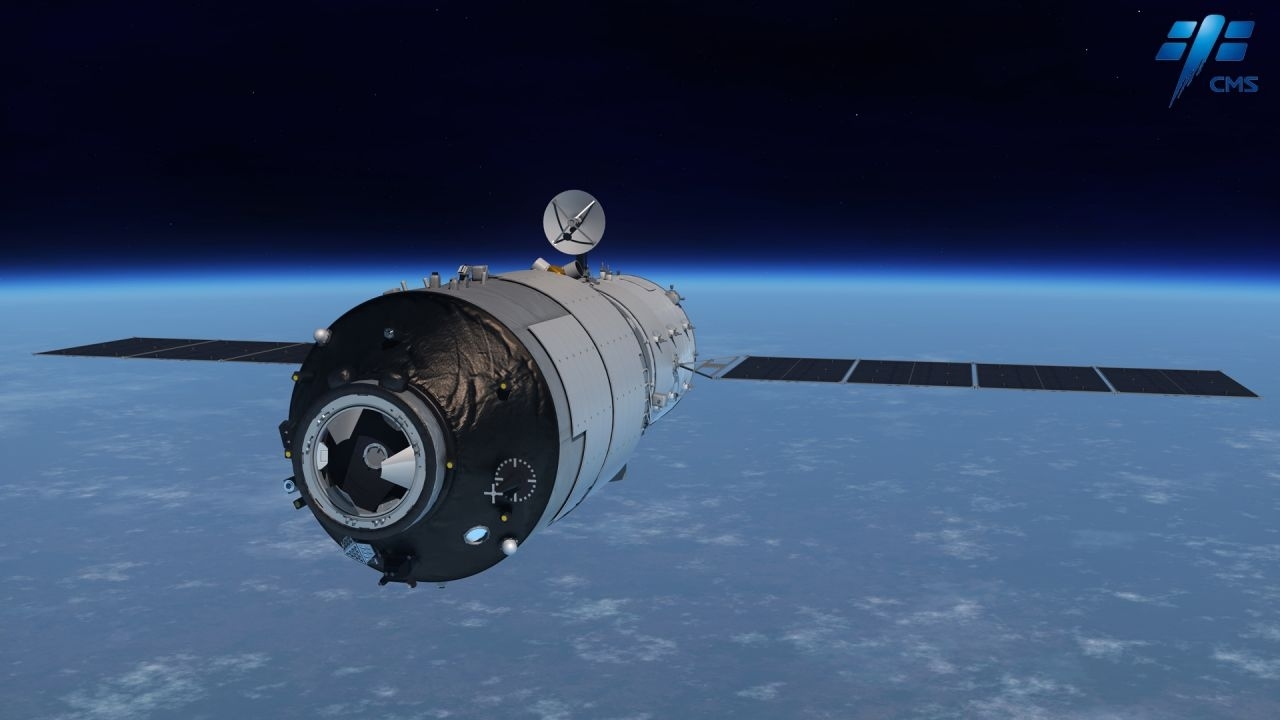Tiangong-1: When and where will China's out-of-control space station crash on Earth?
Experts reportedly suspect that the space station may transport a highly-toxic and corrosive substance called hydrazine.



China's out-of-control space station Tiangong-1, which is currently on a death spiral, is expected to crash-land on Earth in the next few months. Experts monitoring the unmanned space station have been working to figure out when and where it may finally crash.
Experts had previously estimated that Tiangong-1 may strike Earth early next year. However, a researcher from France's space agency CNES, the space station will likely crash-land in March 2018, give or take a few days.
"Our simulations are currently planning a start on March 11, 2018 with an uncertainty of more or less 18 days. Currently, we see 2 to 3 times a day the Chinese space station overfly the extreme south of France," French space agency, researcher Stéphane Christy said in an interview with CNES.
According to Aerospace.org, the space station will likely "reenter somewhere between 43° North and 43° South latitudes".
"This means that reentry may take place over any spot on Earth between these latitudes, which includes several European countries, for example," Holger Krag, Head of ESA's Space Debris Office said in a recent statement. "The date, time and geographic footprint of the reentry can only be predicted with large uncertainties. Even shortly before reentry, only a very large time and geographical window can be estimated."
The Chinese space agency is believed to have lost contact with Tiangong-1 last year, which suggests that this will not be a controlled re-entry. The space station may transport a highly toxic and corrosive substance called hydrazine, when it crash-lands on Earth, Aerospace.org reported.
Fortunately, experts reportedly believe that the space station is unlikely to strike any individual person or cause any property damage. "In the history of spaceflight, no casualties due to falling space debris have ever been confirmed," ESA said in a recent statement.






















